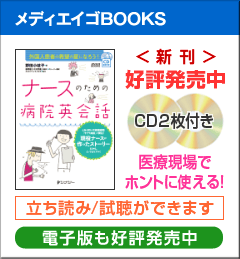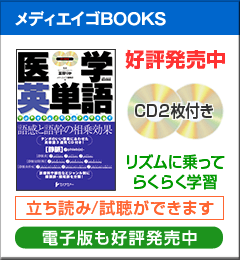
不安定な思春期には理由が
News Release from Suny Downstate Medical Center on March 11, 2007.

(C) morgueFile & Anita Patterson Peppers
10代の少年・少女の気分が変動しやすいのはホルモンが関係しているとされているが,詳しい原因は知られていない。このほど,動物を使った実験で,本来ストレスに反応して心を落ち着かせるはずのホルモンが,思春期が始まるとともに,脳の活動を促して不安を引き起こすよう作用していることが分かった。この作用により,年頃の少年・少女はストレスを受けるほど不安感が強まると考えられる。(吉田素子)
The "raging hormones(1)" of puberty(2) are known to produce mood swings(3) and stress for most teenagers, making it difficult to cope with(4) this period of life. Until now, the specific causes of pubertal(5) anxiety(6) have not been identified(7), making it harder to understand and treat adolescent angst(8).
In the current edition of the journal Nature Neuroscience, researchers led by(9) Sheryl S. Smith, PhD, professor of physiology(10) and pharmacology(11) at SUNY Downstate Medical Center, report findings demonstrating that a hormone normally released(12) in response to(13) stress, THP(14), actually reverses(15) its effect at puberty, when it increases anxiety.
This hormone normally acts like a tranquilizer(16), acting at(17) sites in the brain that "calm" brain activity(18). In the adult, this stress hormone helps the individual adapt to(19) stress, with a calming effect(20) produced half an hour after the event.
Specifically(21), the GABA-A receptor(22) is the target for steroids, such as THP (or(23) allopregnanolone), which reduce anxiety. GABA-A receptors calm activity in the brain. As such(24), they are the targets for most sedative(25), tranquilizing(26) drugs.
One sub-type, GABA-A receptors containing the delta subunit, such as alpha4-beta2-delta, has the highest sensitivity(27) to steroids. In order to study its role in puberty, the researchers used a mouse model that reliably(28) predicts(29) the human condition. In this rodent model(30), the alpha4-beta2-delta receptor normally has very low expression(31), but increases dramatically(32) at the onset of(33) puberty in the part of the brain that regulates(34) emotion. Paradoxically(35), THP reduced the inhibition(36) produced by these alpha4-beta2-delta GABA-A receptors, increasing brain activity to produce a state of(37) increased anxiety.
(1) 荒れ狂うホルモン (2) 思春期 (3) 気分の変動(躁うつ) (4) ~に対処すること (5) 思春期の
(6) 不安 (7) 確認される (8) 青春時代の悩み (9) ~の率いる (10) 生理学 (11) 薬理学
(12) 放出される (13) ~に反応して (14) テトラハイドロプロゲステロン(THP) (15) 逆転させる
(16) 鎮静剤 (17) ~で作用し (18) 脳の活動 (19) ~に適応する (20) 鎮静効果 (21) 具体的に言うと
(22) GABA-A受容体 (23) 即ち (24) そのように (25) 鎮静作用の (26) 精神安定作用のある
(27) 感受性 (28) 確実に (29) 予測する (30) げっ歯類モデル (31) 発現 (32) 劇的に
(33) ~の始まり (34) 調節する (35) 逆説的に (36) 阻害 (37) ~の状態


